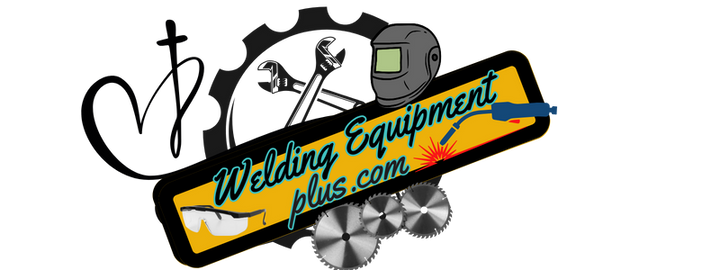Your welding equipment is more than just an investment; it's the backbone of your craft. Regular maintenance is key to ensuring the longevity and optimal performance of your welding machines and accessories.
In this guide, we'll explore essential tips and advice on how to care for your welding equipment and extend its lifespan.
**1. Keep It Clean:
Why it's important: Dirt, dust, and debris can compromise the efficiency of your equipment.
Maintenance Tip: Regularly clean the exterior of your welding machine using a soft brush or compressed air. Pay attention to vents and cooling fins to prevent overheating.
**2. Inspect and Replace Consumables:
Why it's important: Consumables, such as welding tips, nozzles, and electrodes, wear out over time, affecting the quality of your welds.
Maintenance Tip: Inspect consumables regularly and replace them as soon as signs of wear or damage appear. Keep spare consumables on hand for quick replacement.
**3. Check for Loose Connections:
Why it's important: Loose connections can lead to electrical issues and affect the performance of your welding machine.
Maintenance Tip: Periodically check all electrical connections, including power cords, ground clamps, and electrode holders. Tighten any loose connections to ensure a stable electrical flow.
**4. Inspect Cables and Hoses:
Why it's important: Damaged or worn-out cables and hoses can compromise the safety and efficiency of your welding setup.
Maintenance Tip: Regularly inspect cables and hoses for signs of wear, cuts, or exposed wires. Replace damaged components promptly to avoid electrical hazards.
**5. Maintain Proper Grounding:
Why it's important: Proper grounding is essential for safety and effective welding.
Maintenance Tip: Ensure that the workpiece and welding machine are properly grounded. Clean the grounding point regularly to remove any paint, rust, or debris that may hinder the connection.
**6. Monitor Cooling Systems:
Why it's important: Overheating can damage internal components of your welding machine.
Maintenance Tip: Check and clean cooling fans and vents regularly. Ensure that air circulation is not obstructed, and replace any malfunctioning cooling components.
**7. Store Equipment Properly:
Why it's important: Proper storage protects your equipment from environmental elements and potential damage.
Maintenance Tip: When not in use, store your welding machine in a clean, dry, and well-ventilated space. Use protective covers to shield it from dust and moisture.
**8. Follow Manufacturer's Guidelines:
Why it's important: Manufacturers provide specific guidelines for the maintenance and operation of their equipment.
Maintenance Tip: Refer to the manufacturer's manual for recommended maintenance schedules, lubrication points, and any specific care instructions.
**9. Regular Calibration and Testing:
Why it's important: Regular calibration ensures that your welding machine delivers accurate and consistent results.
Maintenance Tip: Periodically calibrate your welding machine according to the manufacturer's recommendations. Perform test welds to check for any deviations in performance.
**10. Seek Professional Maintenance:
Why it's important: Some maintenance tasks may require professional expertise.
Maintenance Tip: If you're uncertain about a particular maintenance task or if your equipment is exhibiting issues, consult with a qualified technician for professional inspection and repair.
By incorporating these maintenance practices into your routine, you not only prolong the life of your welding equipment but also ensure the safety and efficiency of your welding projects. Regular care and attention to your tools will pay off in the form of consistent, high-quality welds for years to come. Happy welding!


